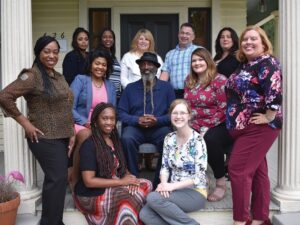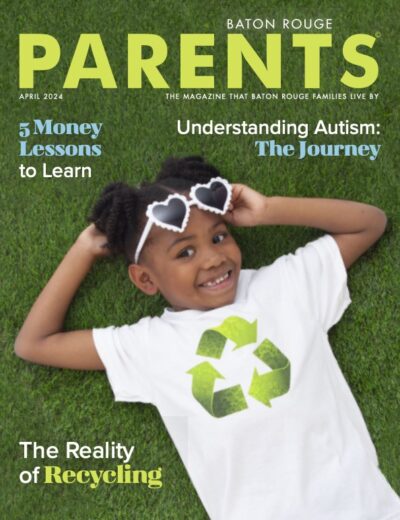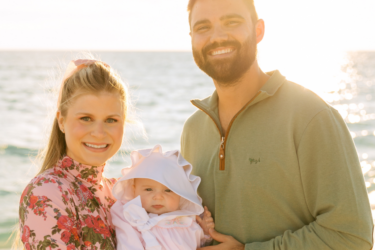
Baton Rouge Children’s Advocacy Center
“Recently, a child was acting up in school, was suspended, and went from being an A student to a C student. The family thought they just had a child acting out. An interested person, knowing there’s often another layer, started asking questions, and now we have a sex abuse case. What looks like bad behavior may often be something more. We need to be able to ask, ‘What happened to this kid?’” says Toni Q. Bankston, LCSW-BACS and Executive Director of Baton Rouge Children’s Advocacy Center.
When a crime is committed against a child, the Baton Rouge Children’s Advocacy Center (BRCAC) provides a safe atmosphere for children to disclose abuse in a monitored setting. After the interview, the multidisciplinary team creates a therapy plan for each child and his or her family. “We uniquely do what we do because we have both the investigation and the healing pieces,” Bankston informs. “There are providers out there who work with trauma, but ours is the only agency in the Greater Baton Rouge area that’s linked to law enforcement and DCFS.”
The BRCAC is located in a welcoming two-story house retrofitted with offices and meeting rooms. The space feels like a warm home, and the waiting room contains cozy seating, toys, and books. “The house really pulled me in,” Bankston says. “This is a way to help kids unlike any other thing I’ve ever been a part of.” Every person on staff at BRCAC is committed to the mission of setting children on a solid path of healing and justice.
The forensic arm of the BRCAC is a major component and serves four parishes: East Baton Rouge, West Baton Rouge, Iberville, and Pointe Coupee. Law enforcement (the FBI, Attorney General’s office, city police, sheriff, and state troopers) initiates an investigation. They call the BRCAC to schedule a forensic interview, which is a recorded single session where a child shares information about experiencing possible abuse or witnessing violence against another person. These interviews are conducted by a specialist on staff and are observed by law enforcement in another room through video. Bankston explains that BRCAC interviews result in a better prosecutorial outcome. She adds, “Alleged offenders are not allowed in the building.”
The other major component of BRCAC is therapy. In addition to following up with every child interviewed, BRCAC also opens their therapy to children in the community. Bankston explains, “We recognized that there were children who had been traumatized who never came to a CAC. We allow for people to call in. We will triage the case, but the priority is given to forensic interview. At the very minimum, we can help them come to one of our six support groups.” The BRCAC offers flexibility and accessibility with their support groups. “We make them drop-in. All you have to do is show up, get a snack, come to group. You don’t have to talk. You can just listen,” Bankston shares. In addition to individual and group therapy, BRCAC also has a mobile trauma recovery program for kids who cannot get to the BRCAC because of transportation barriers.
Through forensic interviews, therapy, family advocacy, education, and a multidisciplinary team approach, the BRCAC devotes all of their energy to justice and healing children. Bankston shares, “Our tagline is hope is here. Trauma is devastating, but there is hope. Through the vast network of people who work together here, tragedy can be transformed. When children are able to work through trauma, they often become leaders with resilience and wisdom.” To learn more, visit them online at batonrougecac.org. ■





